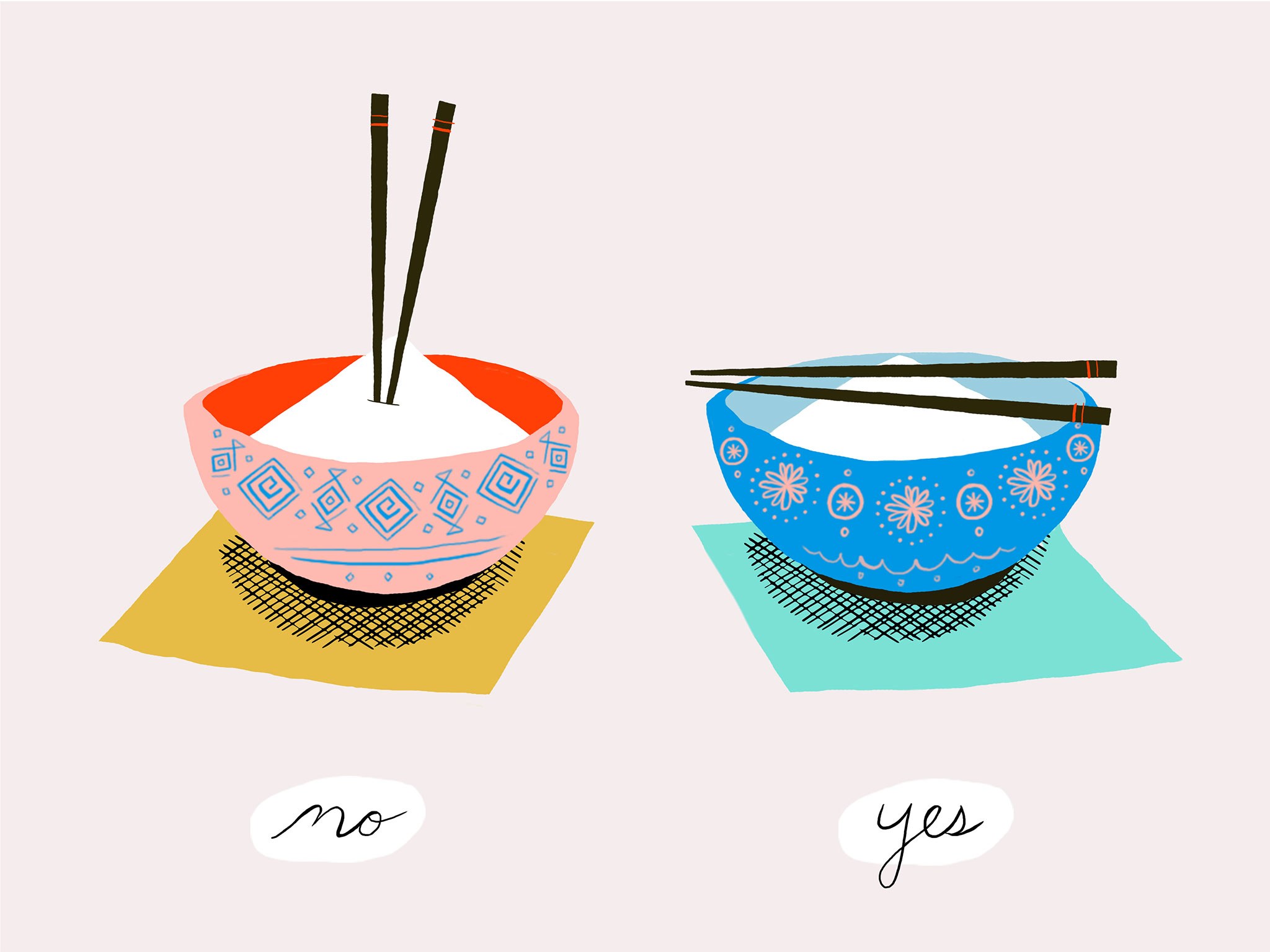If you’re planning on traveling to Japan in the near future or if you happen to be already there, you probably already know that Japanese society is highly codified. Japanese people follow many codes of conduct that foreigners sometimes neglect, mostly out of ignorance.
To help overcome this situation and make sure to be respectful around Japanese people, here’s a list of 10 mistakes to avoid in Japan. I’d still want to point out that many Japanese people do not blame gaijin (literally ‘foreigners’ with a slightly negative connotation) for not abiding by their rules because they are aware that not all of them are necessarily obvious for foreigners. That doesn’t mean we shouldn’t make an extra effort to be more respectful of their cultural codes of conduct. I’m sure it’s a positive attitude that can only be appreciated.
1. Don’t Tip

In some countries in Europe or in the U.S. tipping is customary and sometimes even mandatory. In Japan though, it’s a totally different matter. If you find great customer service anywhere in Japan and you’re pleased with it, don’t leave a tip. At best, no one will understand what you did and why you did it. The problem is that when the intention behind it is understood, tipping is seen as a scornful and arrogant act.
2. Finish Your Plate

Japanese people don’t like to waste food when cooking. They try to use the ingredients they have on hand without throwing anything away. Mottainai is a Japanese term that conveys concern about waste and wastefulness. So you can imagine that they would expect you to finish everything that’s on your plate when they serve you dishes, whether it’s in restaurants or at Japanese people’s dinner tables.
So try to finish the food you’re eating! You can eat slowly if necessary and order food gradually as soon as you finish what you’re already eating.
3. Don’t Use A Women-Only Passenger Car

It almost happened to me but I’m glad I instinctively felt that I wasn’t supposed to be there because people were staring at me and I could hear them laughing. So pay close attention to signs and indications in train cars to avoid getting into a women-only one. Keep in mind that this policy is only effective at certain times of the day (at rush hour for example) and of the year (holidays excluded)!
This policy was put into practice following the complaints of many women who reported indecent touching or groping in subway carriages. Since complaining or starting an argument in public is frowned upon in Japan, women couldn’t do anything about the perverts that assaulted them. Fortunately, these incidents do not happen as often nowadays thanks to this policy.
4. Don’t Eat Or Drink On The Street

No law forbids eating or drinking on the streets but it’s not something you do in Japan, especially while walking. Japanese people also avoid eating in trains and subways for hygiene purposes so try to do the same. If you have to eat outside, find a bench for example and eat your meal quietly, don’t lave any junk behind and don’t embarrass anyone around you!
5. Don’t Cross The Street On A Red Light

Pedestrian signals should be respected all over the world. In Japan, they are followed religiously. Gaijin are often considered to be troublemakers because they cross streets when and where they want to. So try to avoid doing that and spare yourself all the mean and disapproving stares! 😉
6. Avoid Too Much Physical Contact

In Japan, people often avoid physical contact and greet each other without touching. So that means no handshakes, even though it’s tolerated in the workplace for example, and absolutely no kissing girls on the cheeks! At best, you will only scare them. Same thing goes for tapping someone on the shoulder.
7. Don’t Enter A House Or A Temple With Your Shoes On

In most Japanese houses and inside Japanese temples, it is customary to take off one’s shoes to show respect to the place one is visiting. Not doing so is considered profoundly disrespectful. You have been warned!
In a Japanese house, the owners will give you slippers to wear inside. If you want to go to the bathroom, some kind of sandals are worn instead of slippers. Don’t keep those sandals on outside the bathroom, they’re meant to be used in bathrooms only! It’s a lot to learn, I know.
8. Don’t Speak Loudly In Public

You might not be aware of the way you’re talking or you’re just being spontaneous and not minding the loudness of your own voice. Japanese people understand that, but that doesn’t mean you should still be loud in public places like restaurants or subways.
Talking on the phone in the subway is also inappropriate and very few Japanese people do it.
9. Japanese Etiquette – Wait In Line

It may seem obvious to you but lining up in Japan is really important. If you don’t wait your turn in line and you suddenly hear people talking in Japanese, you can be sure they’re commenting on what you just did! So don’t embarrass yourself or others and wait your turn like everyone else.
10. Don’t Point At Anyone

Even if there are no bad intentions involved, it is still very rude to point at someone in Japan. It’s an accusatory gesture and you should absolutely avoid it.
That’s it for this list! If you’ve found this useful, please share it around! To these 10 don’ts of Japanese codes of social conduct, we could also add smoking on the street, leaving chopsticks standing vertically in a bowl full of food, or using public baths when wearing tattoos (unless explicitly allowed).
This is not an exhaustive list so make sure to add other relevant ones if you know them! Japanese culture doesn’t skimp on social etiquette and it’s better to be respectful of that if you’re going to travel to Japan. Keep in mind that Japanese people are also open-minded and understand that foreigners are likely to use less than perfect etiquette.
See you around, fellow travelers! And let’s all keep in touch on social media for more exciting adventures around Asia! Facebook, Instagram, Pinterest.
Peace,
MF
PS: If you want to know more surprising things about Japan, you can also read this blog post: Fun facts about Japan.

